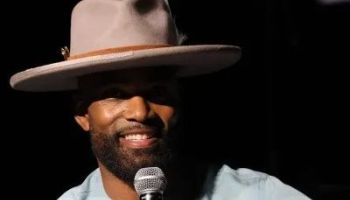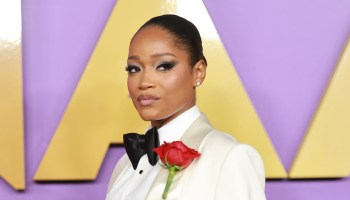
Source: Gantt Center / Gantt center
Tonight’s Jazzy Holiday Gala is sold out, and for good reason. The event honors Lonnie Bunch III, director of the National Museum of African American History and Culture. The museum is slated to open next year.
In a telephone interview, Bunch shared his thoughts on the importance of preserving African-American history. Answers have been edited for clarity.
Are you familiar with the Gantt Center?
I have respect for the Gantt Center, for Harvey (Gantt). There’s been a lot of really good work that is being done in Charlotte that explores issues of urbanization and race.
How do you feel about the honor?
It’s very exciting. I’m flattered that people are basically recognizes how important the creation of the national museum is. I’m standing on the shoulders of many institutions and many individuals.
Why are museums like the Gantt Center important to smaller communities like Charlotte?
Cultural centers, regional museums, places like the Gantt Center celebrate regional culture and bring more knowledge. They really are the foundation that builds national museums.
How do you create the sense that African-American history is American history?
African-American history and culture is the quintessential American story. People can’t understand America’s identity until they realize that a lot of that was made better by the African-American experience.
How did you decide what stories to tell with exhibits for the national museum?
We spent several years going around the country talking to people, doing scientific surveys, getting an understanding of what Americans know about African-American culture and what they didn’t want to know. The goal is to give the public what it wanted, but also what it needed to know.
What do you mean?
Some people didn’t want the museum to explore slavery, some wanted slavery as the primary focus like the Holocaust Museum and others wanted to focus on early history.
What current events are you curating for artifacts?
Ferguson, Baltimore and Black Lives Matter will show up in the opening exhibit. We felt it was really important to look back and look ahead. It’s very important to be a place of meaning and matter not just a place of memory.
















